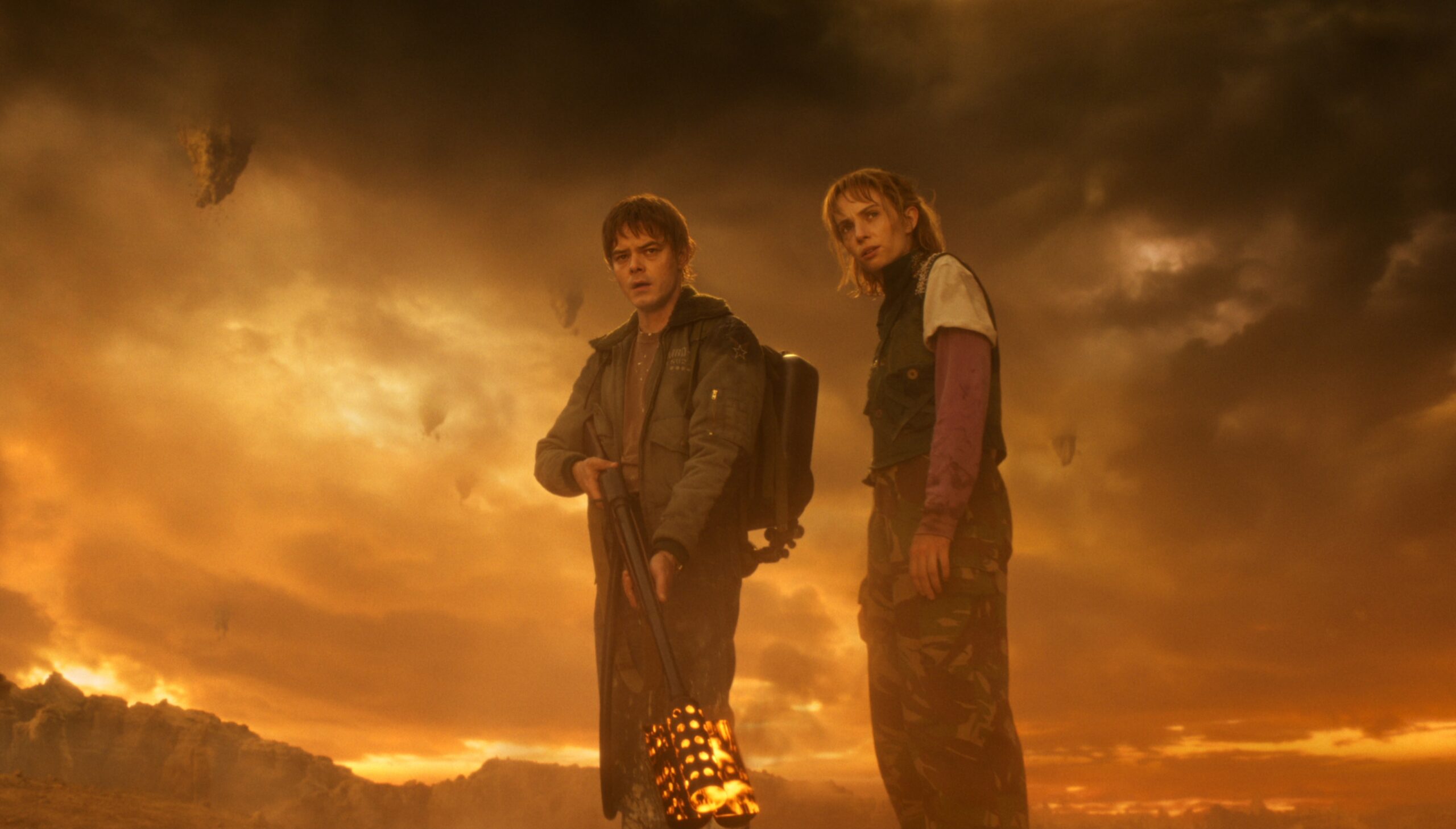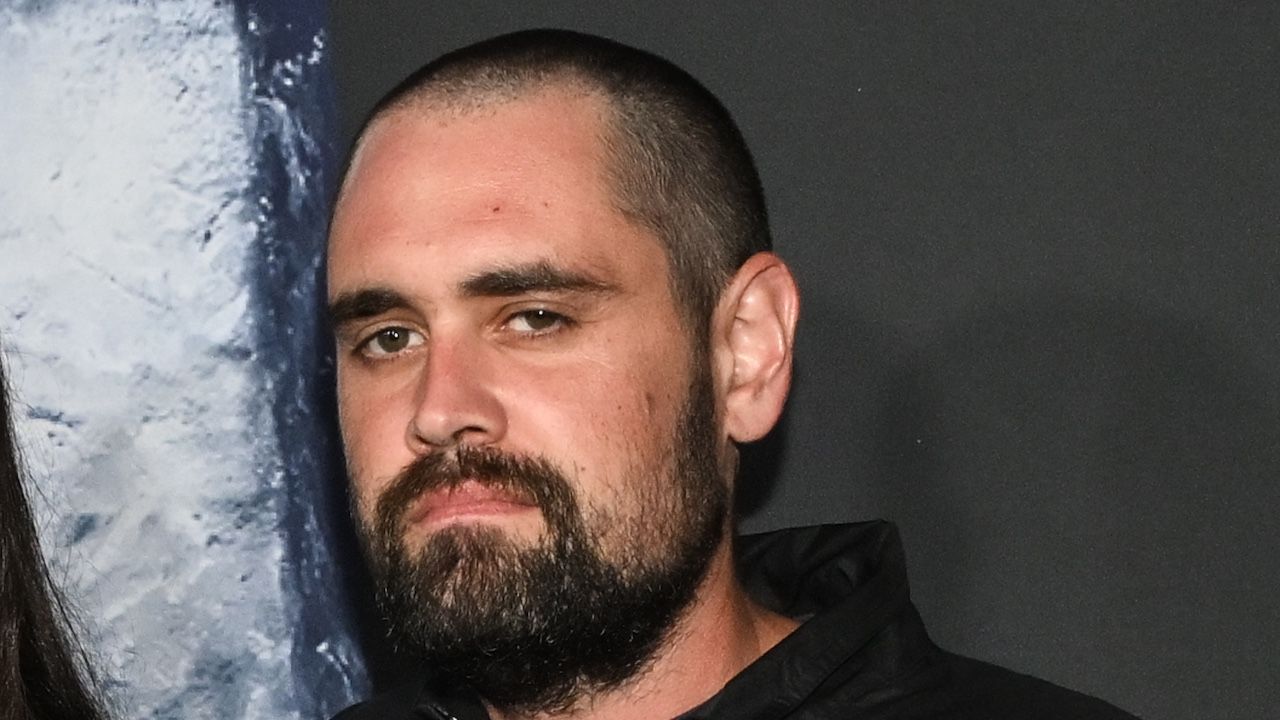FILE PHOTO: Small bottles labeled with a “Vaccine COVID-19” sticker and a medical syringe are seen in this illustration taken taken April 10, 2020. REUTERS/Dado Ruvic/Illustration/File Photo
(Reuters) – The following is a brief roundup of some of the latest scientific studies on the novel coronavirus and efforts to find treatments and vaccines for COVID-19, the illness caused by the virus.
In-home COVID-19 antibody test shows high accuracy
A small study of a COVID-19 antibody test that can be done at home showed a high degree of accuracy, researchers reported. Current antibody tests to show previous infection with the novel coronavirus requires a visit to a healthcare provider. The new test, if approved, would enable people to take a blood sample via finger prick and mail it to a laboratory for analysis. In initial experiments, researchers mailed a special test kit to 31 former coronavirus patients and 25 healthy volunteers. The dried blood samples showed who did or did not have COVID-19 antibodies with 100% accuracy, researchers reported on Saturday in a not yet peer-reviewed paper on the preprint server medRxiv. “We are currently expanding the number of patients we have evaluated and have submitted this preliminary data to the FDA under their pre-Emergency Use Authorization (EUA) process,” coauthor Peter Robinson of Enable Biosciences Inc in South San Francisco told Reuters. The next step is to submit for the full EUA, he said. “After we submit to the FDA for emergency use, we expect the test to be approved and available within a few weeks,” Robinson added. “This will allow people who don’t have access to a clinic to get tested from the safety of their home, without fear of exposure to coronavirus.” (bit.ly/2TZQb8a)
Recovering surgery patients at risk from coronavirus
While coronavirus patients who undergo surgery have more complications and a higher risk of death, that is also true for surgery patients who catch the virus while recovering from their operations, researchers reported on Friday in The Lancet. That suggests it would be a good idea to put off nonessential surgeries in areas where the coronavirus is actively circulating. Researchers reviewed data on more than 1,000 patients in 24 countries who underwent planned or emergency operations. Three-quarters of the patients tested negative for the virus immediately before surgery but became infected shortly afterward. Overall, half of the patients developed postoperative lung complications. In that group, 38% died within a month of their surgery. As lockdowns are lifted and routine surgeries resume, hospital environments will remain exposed to the coronavirus, the authors warn, “so strategies should be developed to reduce in-hospital (coronavirus) transmission and mitigate the risk of postoperative complications.” They said the bar for going ahead with surgery during the pandemic should be higher than during normal practice. “Consideration should be given for postponing non-critical procedures and promoting non-operative treatment to delay or avoid the need for surgery,” they added. (bit.ly/3coeOBV)
Immune system overreaction may not be cause of bad outcomes
Respiratory failure in patients with COVID-19 has been attributed by doctors to an overreaction of the immune system known as a cytokine storm that leads to tissue damage in the lungs. New data appear to turn that theory on its head. In a new study, only 4% of the 71 patients with severe COVID-19 had a true cytokine storm, Paul Thomas of St. Jude’s Children’s Research Hospital and Ali Ellebedy of Washington University School of Medicine told Reuters in a joint email. Instead, their team found, most COVID-19 patients had some increased cytokines, but overall they had lower levels of cytokines unleashed by the immune system than seen in typical cases of influenza. That suggests a suppression, rather than overreaction, of the immune system. Coauthor Kenneth Remy, also from Washington University, said targeting the coronavirus with anti-inflammatory drugs may in fact make things worse by further suppressing the immune system and allowing for unmitigated virus replication. “The implications for therapy remain to be determined,” Thomas and Ellebedy told Reuters, “but could include narrow targeting of the (increased) cytokines, while trying to boost the suppressed cytokines.” The study report, which has not yet been peer reviewed, was posted on Saturday on the preprint server medRxiv. (bit.ly/3cnkewT)
COVID-19 survivors will need rehab therapy, experts say
Patients should not be left to recover from COVID-19 on their own, according to a panel of UK experts. The specialists from a wide variety of disciplines, including sport and exercise medicine, general internal medicine, psychology and pain, issued detailed rehabilitation recommendations for patients with lingering affects of the illness, in particular for active individuals like military personnel and athletes. “It is predicted that 45% of patients discharged from hospital will require support from healthcare and social care and 4% will require rehabilitation in a bedded setting,” the experts concluded in the guidelines published on Sunday in the British Journal of Sports Medicine. “Therefore, there is a clear need to plan for postacute and chronic rehabilitation of patients recovering from COVID-19.” (bit.ly/2ZXavec)
Reporting by Nancy Lapid; Editing by Bill Berkrot





